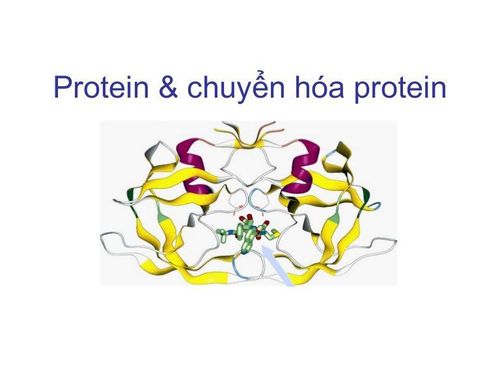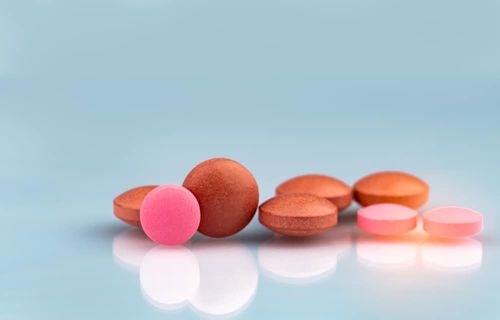This is an automatically translated article.
L-arginine is an amino acid that helps the body synthesize protein and is found in most protein-rich foods such as fish, red meat, poultry, soybeans, whole grains, and dairy products.Because L-arginine has a vasodilator effect, it is commonly used to recover from surgery, pregnancy complications such as high blood pressure and protein in the urine (pre-eclampsia) and diseases of the heart and blood vessels, such as angina and high blood pressure.
1. In what cases is L-arginine indicated for use?
Because of its effect on dilating blood vessels, L-arginine has beneficial effects on the heart. Studies show that L-arginine can reduce symptoms of angina, peripheral artery disease, and improve the health of people with heart failure. In addition, L-arginine is also indicated for the treatment of erectile dysfunction but mainly when combined with other supplements such as pine bark extract. Several other studies show that L-arginine has immune-boosting effects.L-arginine may also combat HIV-induced weight loss symptoms, improve symptoms of nephritis, and support kidney function after a transplant. Studies show that L-arginine can relieve migraines, improve blood pressure, and reduce recovery time after surgery.
However, not all research results support L-arginine, but L-arginine does not help with heart attack recovery, wound healing, or exercise in people with heart failure. and aggravate asthma.
Currently, scientists are continuing to study L-arginine to treat a number of other diseases such as dementia, hypertension, cancer, male infertility, diabetes and obesity.

Sử dung L-arginine có thể làm giảm đau thắt ngực
2. How much L-arginine is enough?
There is currently no consensus on the standard dose of L-arginine. Some popular research indicates that L-arginine comes in doses of 2 to 3 grams divided into three times a day. Lower and higher doses are still being studied. The safety of long-term use of L-arginine supplements is unclear, so if you want to use it, you should consult your doctor first.In some cases, doctors recommend L-arginine supplements as protein malnutrition, burns, infections, rapid growth and other diseases can benefit from L-arginine supplements.
3. Use natural L-arginine from food
Many natural foods are low in L-arginine, such as nuts (walnuts, hazelnuts, pecans, peanuts, almonds, cashews and Brazil nuts, sesame seeds, and sunflower seeds). poplar), oats, corn, cereals, buckwheat, brown rice, dairy products, fish, red meat, poultry and chocolate.4. What are the risks of taking L-arginine?

Buồn nôn là tác dụng phụ có thể gặp phải khi dùng L-arginine
4.2 Who is at risk If you have any disease such as cancer, asthma, allergies, liver or kidney problems, low blood pressure, sickle cell disease or bleeding disorder, have had a heart attack arginine should not be taken without first consulting your doctor.
4.3 Drug Interactions If you take any medications or supplements on a regular basis, talk to your doctor before you start taking them, including arginine. Arginine can interact with birth control pills, hormone therapy, blood thinners, some pain medications, and medications for erectile dysfunction, heartburn, high blood pressure, and diabetes. Arginine may also interact with supplements with ingredients such as ginkgo biloba, garlic, Asian ginseng, and potassium.
Please dial HOTLINE for more information or register for an appointment HERE. Download MyVinmec app to make appointments faster and to manage your bookings easily.
References: Webmd.com, Mayoclinic.org












